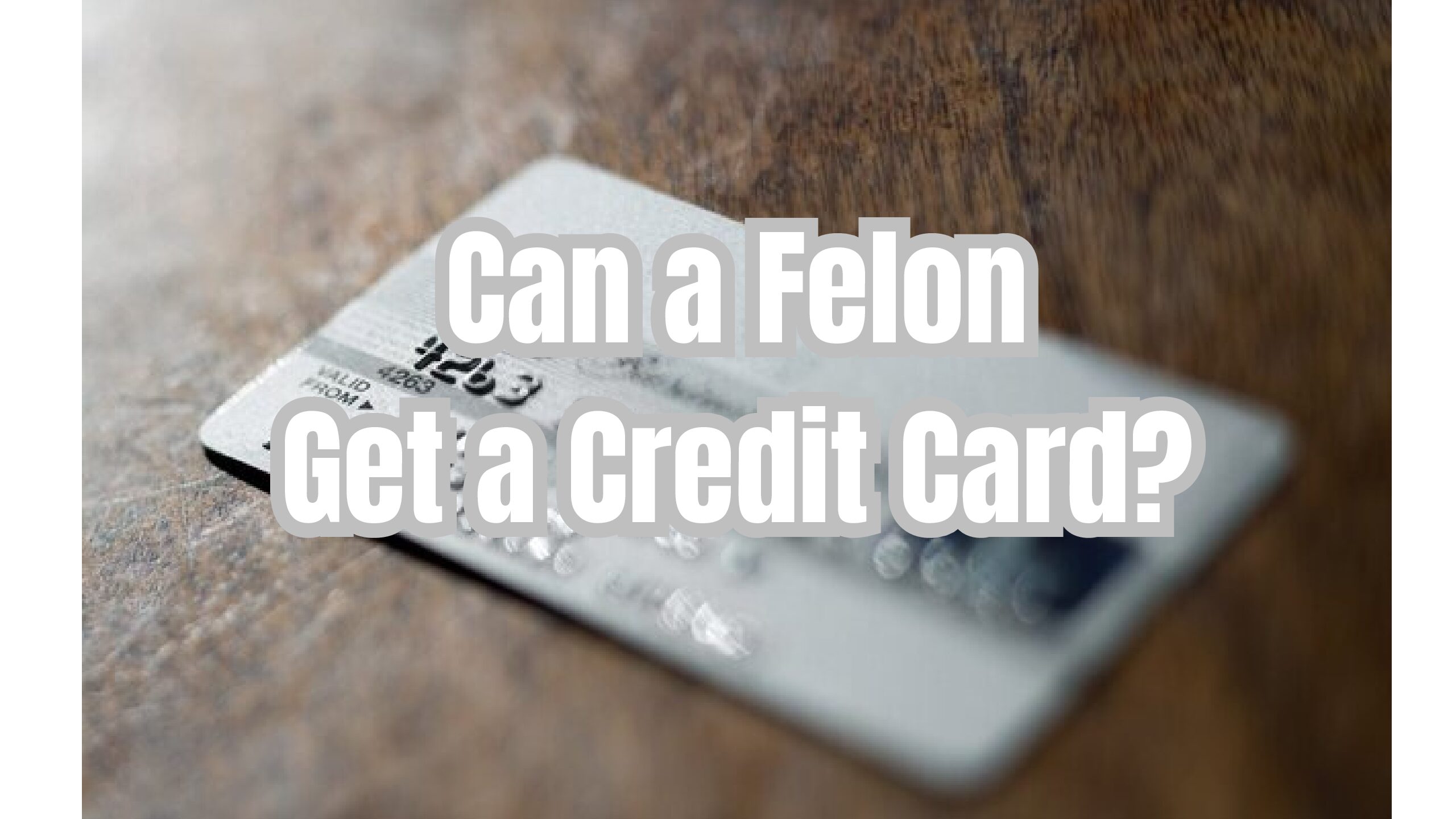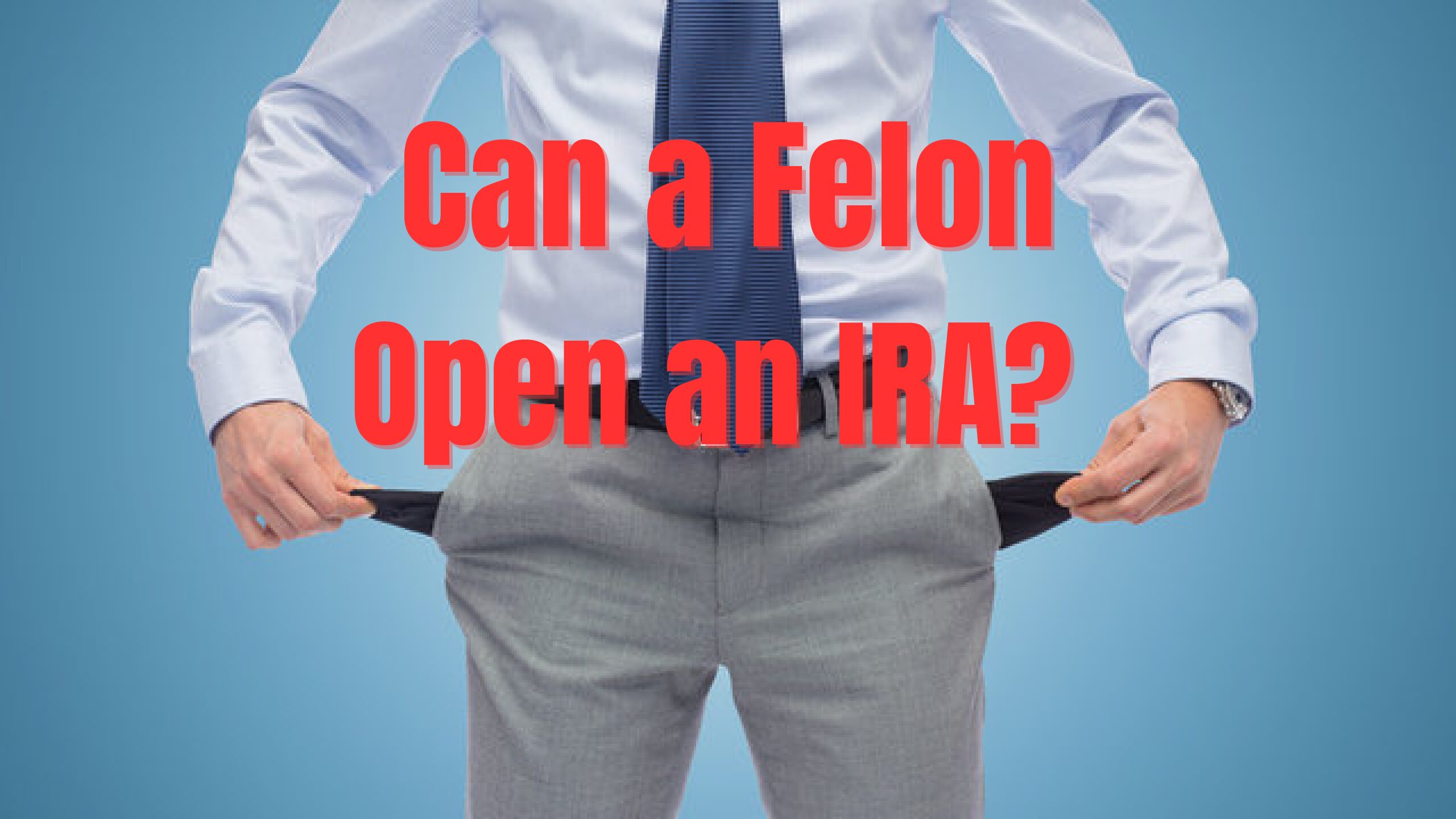Can You Get a Felony Expunged? The Life-Changing Truth You Need to Know
Imagine this: You’re staring at your criminal record, that damn felony conviction glaring back at you like a neon sign. It’s been the noose around your neck, affecting everything from job applications to housing. But what if there was a way to make it disappear? Get ready, because I’m about to dive into the world of felony expungement, and trust me, it’s more exciting than any courtroom drama!
Eye-Opening Felony Statistics That’ll Make You Want to Clear Your Criminal Record
Before we crack open this legal treasure chest, let’s look at some mind-blowing facts:
| Felony Statistic | Number |
| Americans with felony convictions | 19 million |
| Unemployment rate for ex-felons | 27% |
| States allowing some form of expungement | 41 |
| The average cost of expungement | $1,000 – $2,500 |
| The success rate of expungement petitions | 60-70% |
Are you feeling the weight of those numbers? Hold onto your law books, because we’re about to explore your chance at a clean slate!
Can You Get a Felony Expunged?
The short answer: Yes, in many cases, you can get a felony expunged. But it’s not always easy or guaranteed.
Expungement is like a legal magic eraser. It can remove a felony conviction or an adult conviction from your public record, giving you a fresh start. However, the process, eligibility, and outcome depend on several factors:
- State Laws: Each state has its own rules about which felonies can be expunged and when.
- Type of Felony: Non-violent felonies are more likely to be eligible for expungement than violent ones.
- Time Since Conviction: Most states require a waiting period before you can apply for expungement.
- Your Criminal History: First-time offenders often have a better chance at expungement.
- Completion of Sentence: You typically need to have completed your sentence, including probation, and paid all fines.
In some states, juvenile adjudications and most juvenile adjudications can also be expunged, providing a fresh start for those with past juvenile offenses.
However, individuals with a misdemeanor conviction may face additional challenges in the expungement process, depending on the state laws.
Navigating these factors can be trickier than a maze designed by a criminal mastermind. That’s why many people turn to experienced legal professionals for guidance through this complex process.
How Does One Go About Filing an Expungement Petition for a Felony?
Alright, let’s break down this legal obstacle course:
- Check Your Eligibility:
- Research your state’s expungement laws
- Review the specifics of your conviction
- Ensure you’ve met all sentencing requirements
- Gather Necessary Documents:
- Criminal records
- Court documents
- Proof of completed sentence and rehabilitation
- File a Petition:
- Submit an expungement petition to the court where you were convicted and pay the required filing fee
- Pay filing fees (can range from $50 to $550)
- Attend a Hearing:
- Some cases require a hearing before a judge
- Be prepared to explain why you deserve expungement
- Wait for the Decision:
- The judge will either grant or deny your petition
- If granted, the court will issue a court order to expunge your records, which is a crucial step in the process
It’s important to understand the specific procedures in your state when you request expungement, as they can vary significantly.
Sounds overwhelming? Don’t worry! Legal services specialize in guiding you through each step, maximizing your chances of success.
What is the Process of Getting a Felony Expunged?
Let’s dive deeper into the nitty-gritty:
- Initial Consultation:
- Meet with an attorney to assess your case
- Determine eligibility and strategy
- Record Collection:
- Obtain all relevant criminal records
- This can take 2-4 weeks
- This includes obtaining any arrest records and law enforcement records that may be relevant to your case.
- Petition Preparation:
- Draft a compelling petition
- Include character references and evidence of rehabilitation
- Typically takes 1-2 weeks
- Filing and Waiting:
- Submit a petition to the court
- Wait for the court to process (2-8 weeks)
- Hearing (if required):
- Present your case before a judge
- Usually scheduled 4-8 weeks after filing
- Post-Hearing:
- If granted, wait for court to process the order (2-4 weeks)
- Ensure all relevant agencies update their records
- In some states, the state police play a crucial role in updating and maintaining expunged records, ensuring they are removed from public databases.
Remember, each step is crucial. One mistake could derail your chances. That’s why many successful expungements are handled by professionals.
How Long Does the Process of Getting a Felony Expunged Take?
The million-dollar question! Well, it’s not quite as fast as making microwave popcorn:
- Total Time: 3-6 months on average
- Fastest Cases: As quick as 2 months
- Complex Cases: Can take up to a year or more
Factors affecting the timeline:
- Court backlog
- The complexity of your case
- Completeness of your petition
- Whether a hearing is required
While waiting, every day can feel like a year. But remember, the potential lifetime benefits of expungement are worth the wait!
How Much Does Filing Fees Cost to Get a Felony Expunged?
The cost of expunging a felony can vary widely depending on several factors:
- Attorney Fees: $1,000 – $5,000
- Complexity of case
- Attorney’s experience
- Location (urban areas tend to be more expensive)
- Court Filing Fees: $50 – $550, which includes the filing fee required to submit your expungement petition.
- Varies by state and county
- Additional Costs
- Record retrieval fees: $20 – $100
- Fingerprinting fees: $10 – $50
- Notary fees: $5 – $15 per document
Total Cost Range: $1,500 – $6,000
While this might seem steep, many consider it an investment in their future. Some attorneys offer payment plans, and in certain jurisdictions, you may qualify for a fee waiver if you can demonstrate financial hardship.
Is it Worth it to Get My Felony Expunged?
The value of expungement can be immeasurable. Consider these potential benefits:
- Improved Employment Opportunities:
- Access to jobs previously off-limits
- Higher earning potential
- Expungement can remove certain offenses from a person’s criminal record, making it easier to pass background checks.
- Housing Options:
- Easier approval for rentals or mortgages
- Educational Opportunities:
- Increased eligibility for financial aid
- Easier admission to colleges or vocational programs
- Restored Rights:
- Voting rights in some jurisdictions
- Ability to obtain professional licenses
- Peace of Mind:
- Reduced stigma
- Improved self-esteem and social relationships
- In cases of mistaken identity, expungement can help clear your name and restore your reputation.
While the process can be costly and time-consuming, many find that the long-term benefits far outweigh the initial investment. It’s about giving yourself the chance for a truly fresh start.
Practical Questions About Juvenile Adjudications You Need Answers To
- Q: Can employers still see my expunged felony record? A: Generally, no. Once expunged, your record is sealed from public view. However, certain government agencies may still have access in specific circumstances.
- Q: Will expungement affect my immigration status? A: Expungement can potentially help in immigration proceedings, but it’s complex. Immigration authorities may still consider the original conviction. Always consult with an immigration attorney.
- Q: Can I own a firearm after getting my felony expunged? A: It depends on state law and the nature of your felony. In some cases, expungement restores firearm rights, but federal law may still prohibit ownership.
- Q: How does expungement affect background checks for volunteering with children? A: Many organizations conducting thorough background checks may still see expunged records. Be prepared to explain your situation if necessary.
- Q: If my felony is expunged, do I need to disclose it on job applications? A: In most cases, no. However, certain professions (like law enforcement or healthcare) may require disclosure of expunged records. Always read application questions carefully.
- Q: Can motor vehicle offenses be expunged? A: Yes, certain motor vehicle offenses, such as driving while suspended, can be expunged after a designated waiting period.
- Q: When can I file for expungement after a juvenile conviction? A: You can file for expungement two years after the final discharge, which includes serving your sentence and paying any restitution.
Conclusion: Your Clean Slate Awaits!
So, can you get a felony expunged? In many cases, yes! And the benefits can be life-changing. From better job prospects to improved housing options, expungement can be your ticket to a brighter future.
Remember, the path to expungement may seem as complex as a legal textbook, but you don’t have to walk it alone. Professional services are there to guide you every step of the way.
Don’t let a past mistake define your future. Take the first step towards expungement today, and who knows? Your own “happily ever after” legal story might be just around the corner!
*Disclaimer: The mentioned services are examples for the purpose of this article. Always research and choose legal services carefully based on your specific needs and circumstances.







